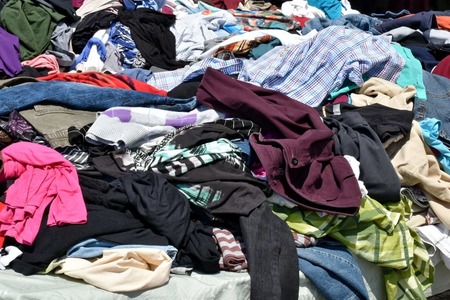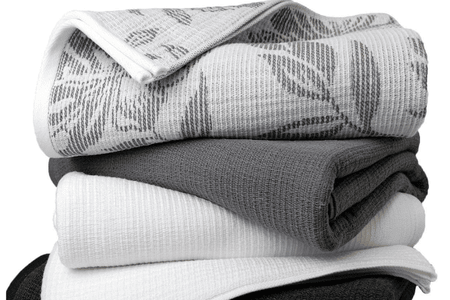Use of jute bags affecting quality of cotton
YarnsandFibers News Bureau 2015-09-21 16:00:00 – KarachiPakistan is the fifth largest producer of cotton in the world, the third largest exporter of raw cotton, the fourth largest consumer of cotton and the largest exporter of cotton yarn in the world. Pakistani cotton and cotton products contribute about 11 percent to gross domestic product and 56 percent to the foreign exchange earnings. However, the governments have failed to implement the ban on the use of jute and polypropylene bags for the transportation of seed cotton.
A senior member of Karachi Cotton Association and member of Pakistan Yarn Merchant Association, Ghulam Rabbani said that contamination continues to be the most serious problem affecting the cotton spinning industry, and this should be resolved.
A large quantity of raw lint is still being packed in material detrimental to the quality and moister of the stuff. Cotton can fetch better price in the international market if the problem of contamination in raw crop, use of polypropylene bags and standardised system for production is fully implemented.
He said that Pakistan exports around 61 percent of its cotton in the shape of raw cotton, yarn, cloth and garments while the remaining cotton is used domestically in the form of finished products. The seed cotton should be brought to the ginning factories in cotton cloth bags or open trolleys, while market committees of the selected lint production districts in Punjab and Sindh should be mobilised effectively to check contamination of cotton by traders during storage.
He said that steps should be undertaken to overcome the problem to fully transform, introduce cotton standardisation system for the production of high quality contamination free cotton, so as to restore its credibility in the international market and fetch its real intrinsic value.
Around 1.4 million farmers (out of the total of 5 million) cultivate cotton over 3.1 million hectares, covering 16 percent of the cultivable area in the country. Cotton production supports Pakistan’s largest industrial sector, comprising more than 400 textile mills, 7.5 million spindles, 29,000 looms in the mill sector (including 16,000 shuttle-less looms), over 270,000 looms in the non-mill sector, 800 knitwear units, 5,000 garment units (with 210,000 sewing machines), 675 dyeing and finishing units (with finishing capacity of 1,200 million square meters per year).
Market Intelligence
Ask for free sample Report

experience
Customer Base
dedicated team
Countries Served Worldwide









